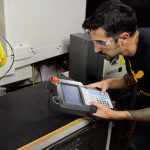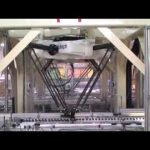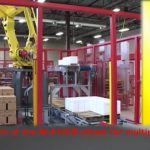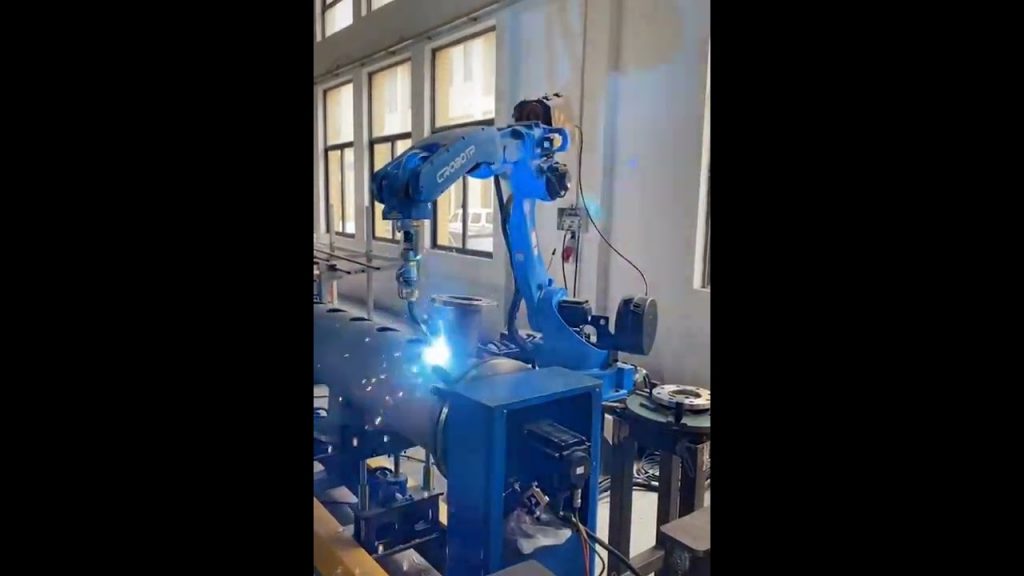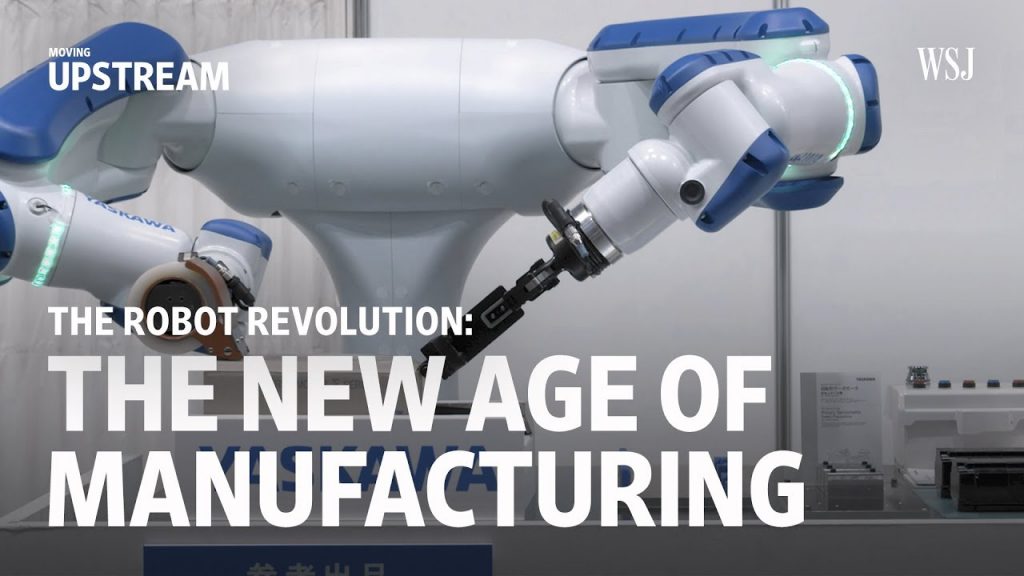Check out the leading manufacturer for professional coil packing solutions here:
We live in a world where automation is becoming increasingly prevalent. From self-driving cars to smart homes, technology is advancing at a rapid pace. One area that has seen significant growth is industrial robotics. These machines are revolutionizing the manufacturing industry and creating new opportunities for those who have the skills to program and operate them.
For beginner PLC programmers, learning to program an industrial robot can open the door to a world of possibilities. Industrial robots are used in a wide range of applications, from assembly line automation to material handling and everything in between. By gaining expertise in programming these machines, PLC programmers can greatly increase their value to a company.
Industrial robot applications are vast and diverse. They can be found in industries such as automotive, electronics, pharmaceuticals, and many more. In the automotive industry, robots are used for tasks such as welding, painting, and assembly. In electronics manufacturing, robots are used to handle delicate components and perform precision tasks. And in the pharmaceutical industry, robots are used for packaging and labeling.
By learning to program industrial robots, PLC programmers can become an integral part of these industries. They can help companies improve efficiency, increase productivity, and reduce costs. With the right skills and knowledge, they can design and implement robotic systems that streamline processes and deliver consistent results.
But how can beginner PLC programmers break into the world of industrial robotics? The first step is to acquire the necessary skills and knowledge. There are many resources available online, such as tutorials, courses, and forums, that can help beginners learn the basics of robot programming. Additionally, attending workshops and seminars can provide hands-on experience and networking opportunities.
Once the fundamentals are mastered, it’s important to gain practical experience. One way to do this is through internships or apprenticeships with companies that specialize in industrial robotics. This hands-on experience will allow beginners to apply their knowledge in real-world scenarios and develop their skills further.
Networking is also crucial for beginners looking to break into the industry. Attending industry events and joining professional organizations can provide opportunities to connect with experts and potential employers. Building relationships with industry professionals can lead to job opportunities and mentorship, which are invaluable for career growth.
As with any field, staying up-to-date with the latest advancements and trends in industrial robotics is essential. Technology is constantly evolving, and it’s important for PLC programmers to stay ahead of the curve. Reading industry publications, following influential blogs, and participating in online communities can help beginners stay informed and continue learning.
In conclusion, beginner PLC programmers have a huge opportunity to increase their value to a company by learning to program industrial robots. Industrial robot applications are diverse and can be found in various industries. By gaining the necessary skills and knowledge, beginners can become an integral part of these industries and help companies improve efficiency and productivity. With the right resources, practical experience, and networking, breaking into the world of industrial robotics is within reach.
Check out the leading manufacturer for professional coil packing solutions here: Industrial Robot
“Unlocking the Path to a Career in Robotics: Exploring Industrial Robot Applications and Breaking into the Industry”



